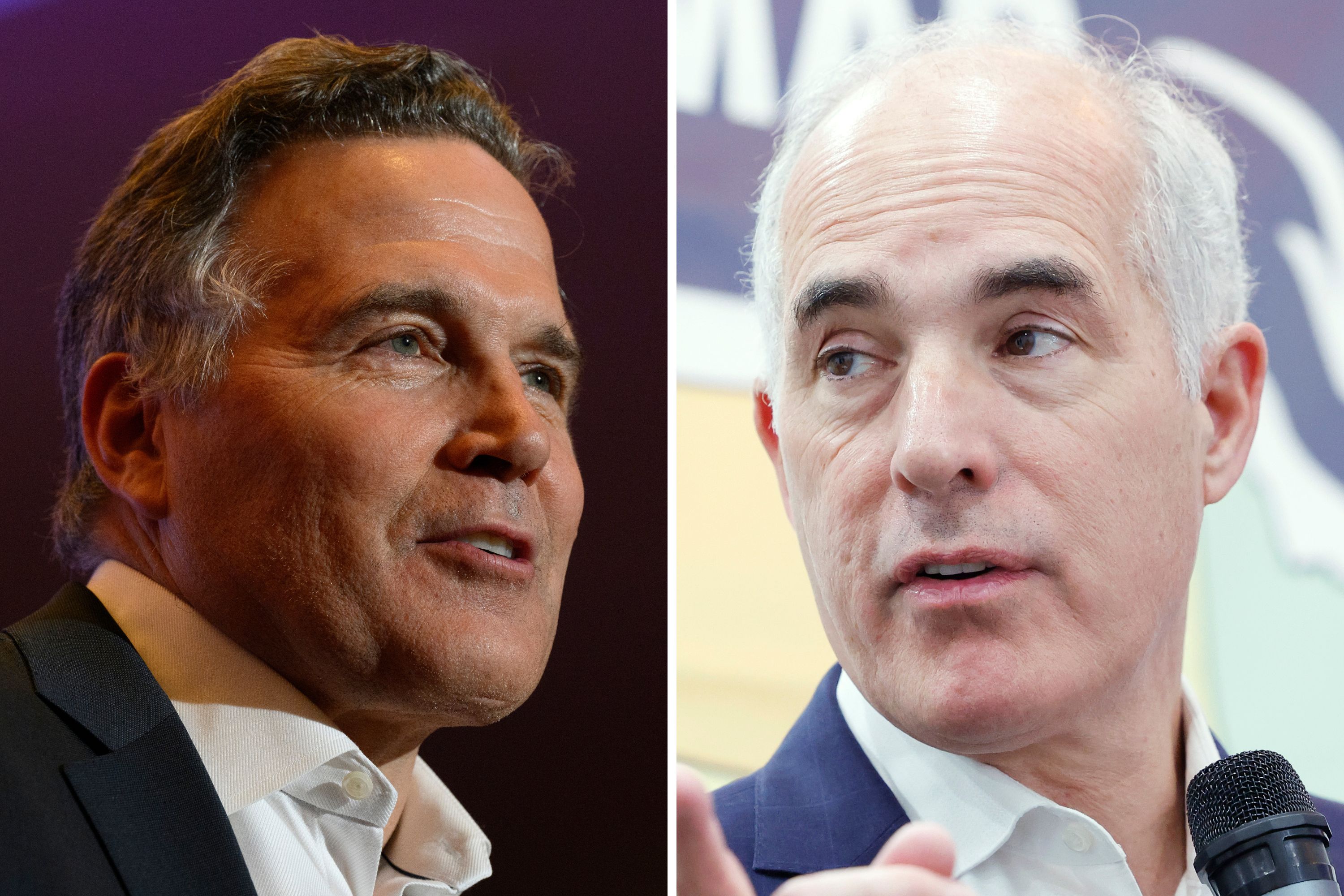An AI-powered Jesus has been taking confessionals from worshippers at a Swiss Chapel, but the internet is divided on its ethicality.
For several months, Saint Peter’s Chapel in Lucerne, Switzerland, has offered confessionals to patrons by providing them with an AI-powered Jesus to speak with.
While a confessional typically sees churchgoers seeking advice and a lending ear from a real-life priest, the AI-powered Jesus has been able to similarly converse with each of its guests.
Developed by computer scientists and theologians from the Lucerne University of Applied Sciences and Arts, the AI Jesus can speak in 100 different languages and is trained in the New Testament.
Before worshippers confess their sins to the AI-powered Jesus, he cautions them by saying, “Do not disclose personal information under any circumstances, use this service at your own risk, press the button if you accept.”
🚨🇨🇭AI JESUS TAKES CONFESSIONS IN SWISS CHURCH
St. Peter’s Church in Lucerne introduced an AI-powered Jesus hologram for confessions.
Developed by theologians and computer scientists, the AI is trained on the New Testament and responds to questions in 100 languages.… pic.twitter.com/yFRu5zw0Vc
— Mario Nawfal (@MarioNawfal) November 20, 2024
While confessing, a hologram of Jesus can be seen through a window. As he speaks, his mouth moves with each word, making the experience even more real.
Marco Schmid, a theologist of St. Peter’s Chapel, stated that while their AI-powered Jesus “has its limits,” his answers to patrons have “matched our theological understanding of St. Peter’s Chapel.”
After the internet caught notice of the unique phenomena, netizens were divided about whether or not confessing to a non-human was ethical, or useful.
“Idk if this is sacrilegious or really cool,” wrote one on X.
“This is weird and people should condemn it,” said another.
“They might be onto something, though. It could serve as free therapy for people,” wrote a third.
Many others raised concerns about worshippers’ confessions being accessible online, given that AI is a computer-generated technology.
Though controversial, St. Peter’s Chapel isn’t the only establishment or brand to use AI. Elon Musk’s Tesla continues to expand its horizons by creating humanoid robots. In posts on social media, Kim Kardashian documented her time with a Tesla robot and made hand-hearts with it.
 14 hours ago
2
14 hours ago
2
















)



 English (US) ·
English (US) ·